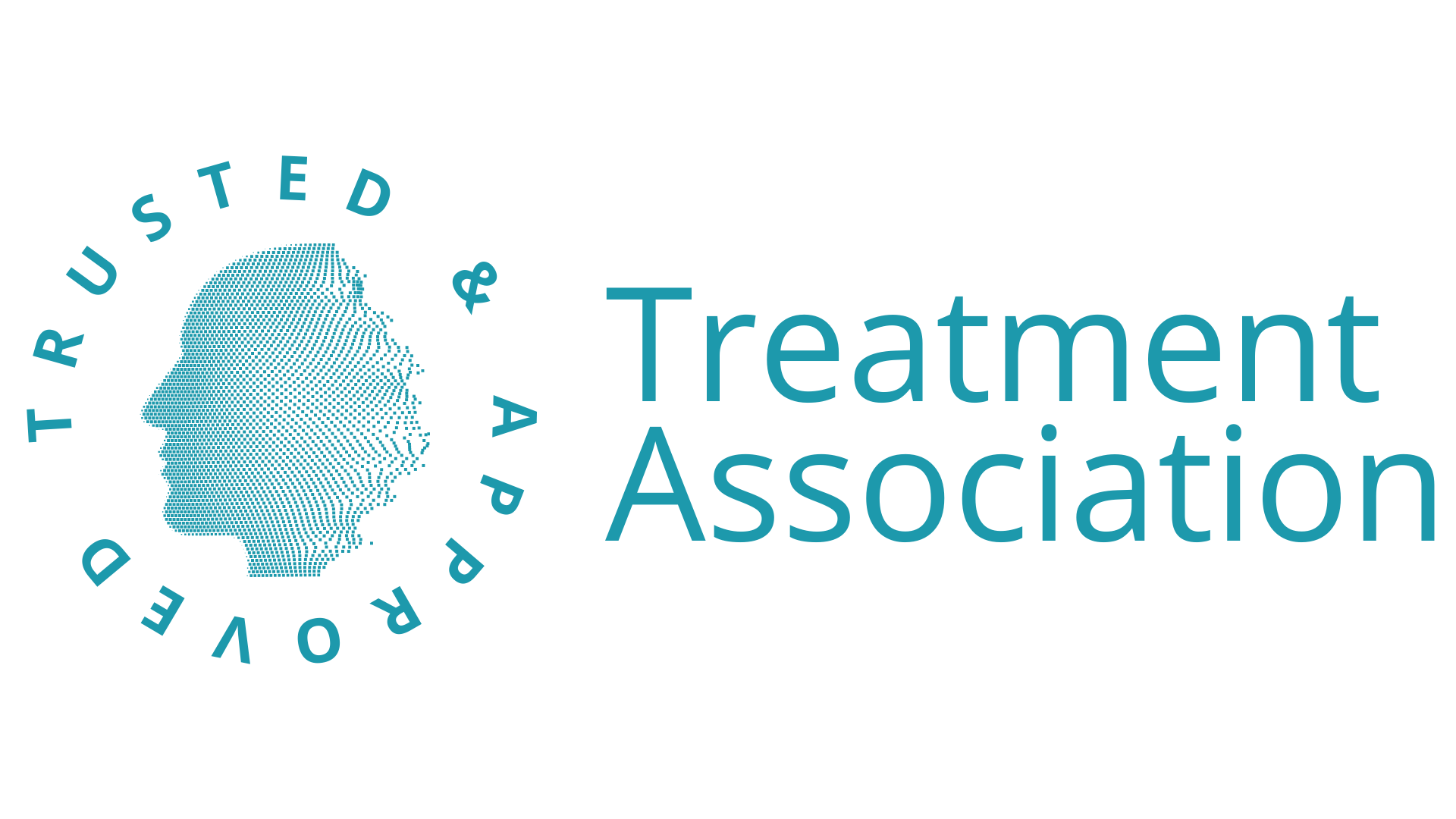Addiction is a complex disease that affects millions of individuals worldwide. Traditional addiction treatment approaches typically involve a combination of pharmacological and behavioral therapies, such as cognitive-behavioral therapy (CBT) and motivational interviewing (MI). However, in recent years, there has been a growing interest in alternative and complementary therapies for addiction treatment, such as mindfulness, art therapy, and yoga. These innovative therapies have shown promising results in improving treatment outcomes and promoting long-term recovery. In this blog post, we will explore the benefits of these innovative therapies for addiction treatment and discuss how individuals can incorporate them into their recovery journey.
The Benefits of Innovative Therapies for Addiction Treatment
In recent years, there has been a growing interest in alternative and complementary therapies for addiction treatment, such as mindfulness, art therapy, and yoga. These therapies offer unique benefits that can enhance the traditional addiction treatment approach. Let’s take a closer look at the benefits of these innovative therapies.
Mindfulness-Based Therapies
Mindfulness-based therapies, such as mindfulness-based stress reduction (MBSR) and mindfulness-based cognitive therapy (MBCT), involve the practice of mindfulness meditation and breathing exercises. These therapies aim to increase awareness and acceptance of one’s thoughts, emotions, and physical sensations. Mindfulness-based therapies have been shown to be effective in reducing symptoms of anxiety and depression, improving emotional regulation, and reducing drug and alcohol cravings.
Research has shown that mindfulness-based therapies can be particularly beneficial for individuals with a history of trauma or co-occurring mental health disorders. These therapies can help individuals develop a greater sense of self-awareness and self-compassion, which can promote a sense of calm and well-being.
Art Therapy
Art therapy involves the use of creative expressions, such as painting, drawing, or sculpture, to explore and process one’s emotions and experiences. Art therapy can be particularly helpful for individuals who have difficulty verbalizing their emotions or who have a history of trauma. By engaging in the creative process, individuals can express themselves in a non-verbal way, which can promote a sense of self-awareness and emotional regulation.
Research has shown that art therapy can be effective in reducing symptoms of anxiety, depression, and PTSD. Art therapy can also promote feelings of relaxation and well-being, which can reduce the risk of relapse.
Yoga and Mind-Body Therapies
Yoga and other mind-body therapies, such as tai chi and qigong, involve the practice of physical postures and breathing exercises. These therapies aim to promote physical, emotional, and spiritual well-being. Yoga and other mind-body therapies have been shown to be effective in reducing symptoms of anxiety and depression, improving emotional regulation, and reducing drug and alcohol cravings.
Research has shown that yoga and other mind-body therapies can be particularly beneficial for individuals with a history of trauma or co-occurring mental health disorders. These therapies can promote a sense of physical and emotional balance, which can reduce the risk of relapse.
Highlighting the Research Supporting Innovative Therapies for Addiction Treatment
While innovative therapies for addiction treatment, such as mindfulness, art therapy, and yoga, have gained popularity in recent years, it is essential to consider the research supporting their effectiveness. Let’s take a closer look at the research supporting these innovative therapies.
Mindfulness-Based Therapies
Numerous studies have demonstrated the effectiveness of mindfulness-based therapies for addiction treatment. A randomized controlled trial published in JAMA Internal Medicine found that mindfulness-based relapse prevention was effective in reducing drug and alcohol use among individuals with a history of substance use disorder. Another study published in the Journal of Substance Abuse Treatment found that mindfulness-based interventions were effective in reducing symptoms of depression and anxiety among individuals in residential treatment for substance use disorder. Overall, the research suggests that mindfulness-based therapies can be effective in reducing drug and alcohol cravings, improving emotional regulation, and promoting long-term recovery.
Art Therapy
Research on the effectiveness of art therapy for addiction treatment is still limited, but the available studies suggest that it can be an effective adjunct therapy for individuals in recovery. A systematic review published in the Journal of Addictions Nursing found that art therapy can be effective in reducing symptoms of anxiety and depression, promoting emotional regulation, and enhancing self-awareness. Another study published in the Journal of Substance Abuse Treatment found that art therapy can reduce the risk of relapse among individuals with a history of substance use disorder.
Yoga and Mind-Body Therapies
Research on the effectiveness of yoga and other mind-body therapies for addiction treatment is growing. A systematic review published in the Journal of Addiction Medicine found that yoga can be effective in reducing symptoms of anxiety, depression, and PTSD among individuals in recovery. Another study published in the Journal of Substance Abuse Treatment found that tai chi can be effective in reducing drug and alcohol cravings and improving emotional regulation among individuals in outpatient treatment for substance use disorder.
Overall, the research suggests that innovative therapies for addiction treatment, such as mindfulness, art therapy, and yoga, can be effective in promoting long-term recovery and reducing the risk of relapse. However, it is essential to note that these therapies are not a substitute for traditional addiction treatment approaches but can be used as an adjunct therapy to enhance the traditional approach.
Tips for Incorporating Innovative Therapies into Addiction Treatment
Incorporating innovative therapies into addiction treatment can be challenging, but with the right approach, it can be a valuable addition to the treatment plan. Here are some tips for individuals on how to incorporate innovative therapies into their recovery journey:
- Talk to your treatment provider: Discuss with your treatment provider about the innovative therapies that you are interested in incorporating into your treatment plan. Your provider can help you identify the therapies that are most appropriate for your needs and provide guidance on how to integrate them into your treatment plan.
- Find a qualified practitioner: Make sure that you find a qualified practitioner who has experience in delivering the innovative therapy that you are interested in. Look for practitioners who are licensed or certified in their respective fields and have experience working with individuals in addiction recovery.
- Set realistic expectations: It is important to set realistic expectations when incorporating innovative therapies into addiction treatment. These therapies are not a quick fix and require time and effort to achieve the desired outcomes. Be patient and committed to the process.
- Practice regularly: Consistency is key when it comes to incorporating innovative therapies into addiction treatment. Make sure that you practice regularly and integrate the therapy into your daily routine.
The Challenges of Integrating Innovative Therapies into Traditional Addiction Treatment
Integrating innovative therapies into traditional addiction treatment can be challenging. Here are some of the challenges and how they can be addressed:
- Limited research: While the research on innovative therapies for addiction treatment is growing, it is still limited. More research is needed to determine the effectiveness of these therapies and their impact on treatment outcomes.
- Limited access: Innovative therapies for addiction treatment, such as mindfulness, art therapy, and yoga, may not be readily available in all treatment settings. Limited access can make it challenging for individuals to incorporate these therapies into their treatment plan.
- Resistance to change: Some treatment providers and individuals may be resistant to incorporating innovative therapies into addiction treatment due to a lack of familiarity or belief in their effectiveness. Education and awareness can help address this resistance and promote a more open-minded approach to treatment.
- Cost: Innovative therapies for addiction treatment may not be covered by insurance, making them inaccessible to individuals who cannot afford to pay out of pocket. Treatment providers and individuals can advocate for insurance coverage for innovative therapies and explore low-cost or free options in their community.
-
Integration with traditional approaches: Integrating innovative therapies into traditional addiction treatment can be challenging. Treatment providers and individuals need to find ways to integrate these therapies into the treatment plan in a way that complements the traditional approach and does not conflict with it.
In conclusion, innovative therapies for addiction treatment, such as mindfulness, art therapy, and yoga, offer unique benefits that can enhance the traditional addiction treatment approach. These therapies have shown promising results in improving treatment outcomes and promoting long-term recovery. While there are challenges to incorporating these therapies into addiction treatment, with the right approach, individuals can successfully integrate these therapies into their recovery journey. By working with their treatment provider, finding a qualified practitioner, setting realistic expectations, and practicing regularly, individuals can enhance their recovery journey and promote lasting recovery.






